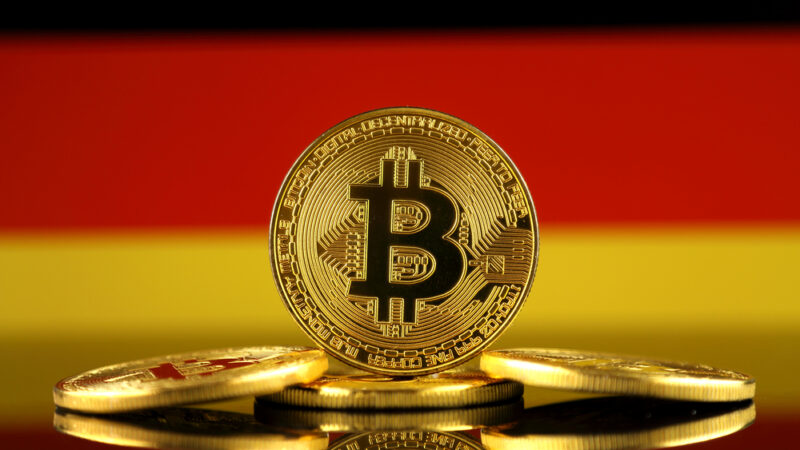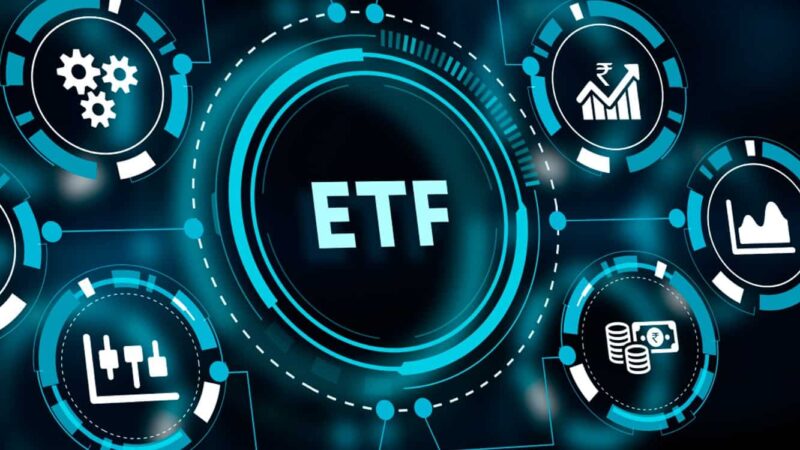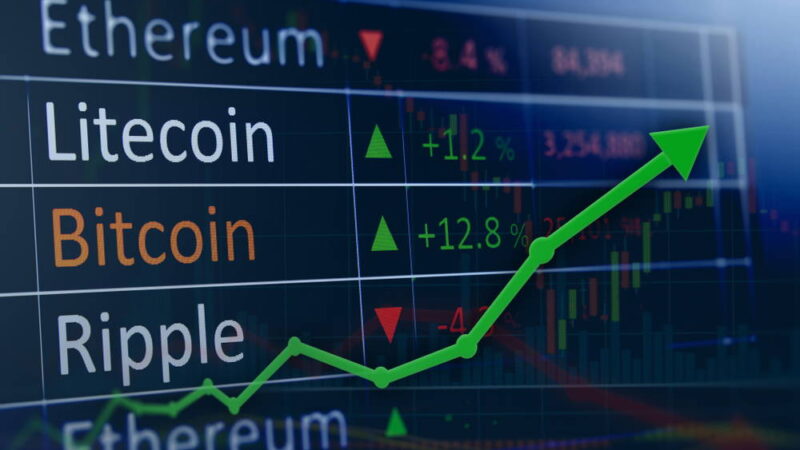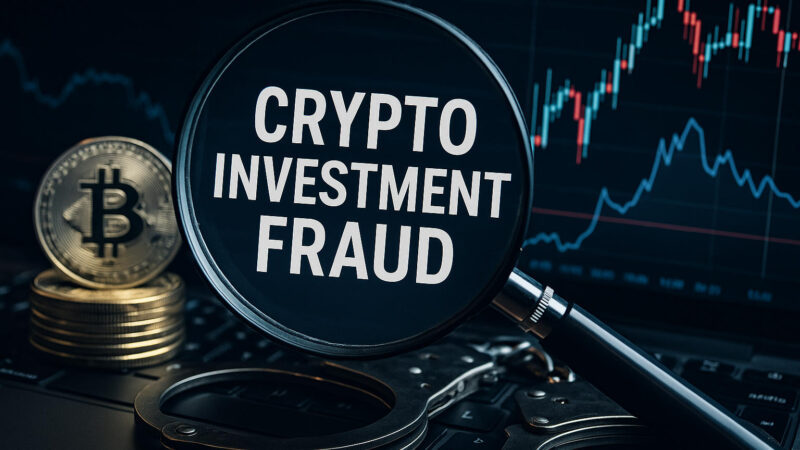EU wants to expand crypto monitoring-what threatens now
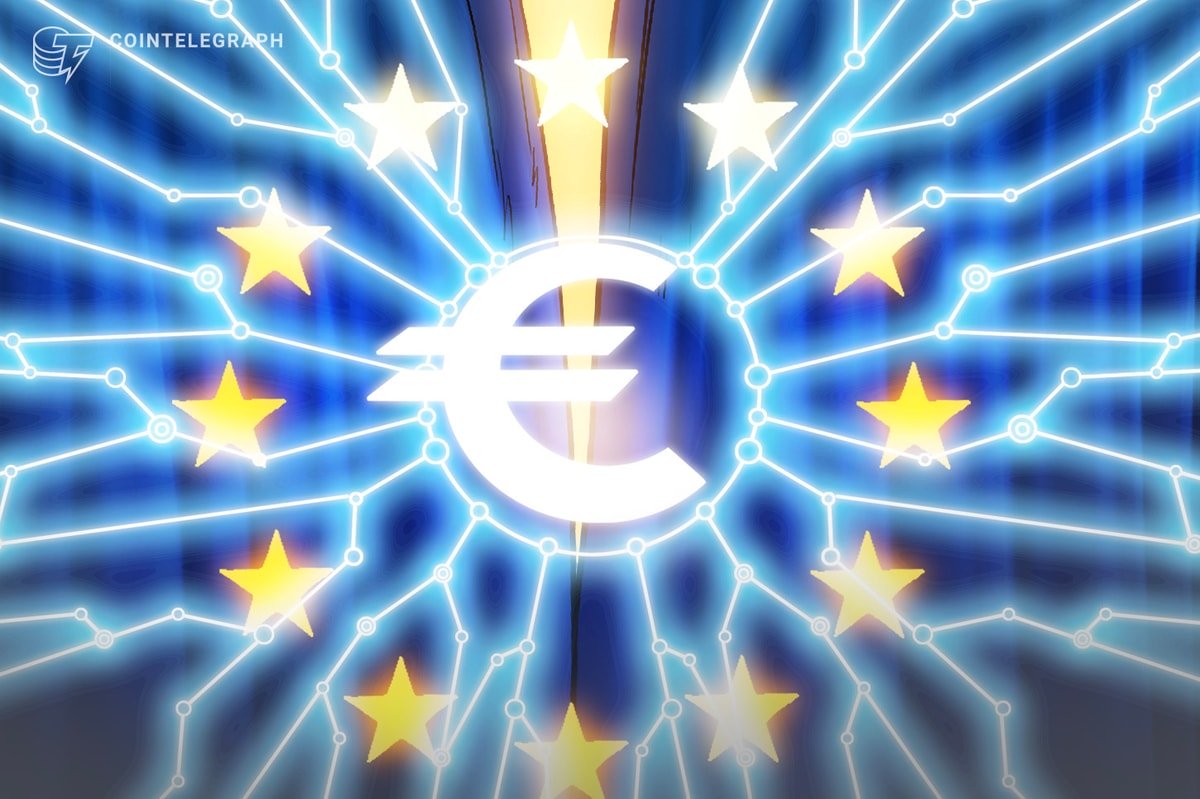
The European Union plans to significantly expand the regulation of crypto transactions. The focus is on the traceability of channels and recipients of digital assets. The quit Eurogroup President Paschal Donohoe at the European Anti-Financial Crime Summit 2025. The declared goal is to extend existing regulations to combat money laundering (AML) and terrorism financing (CFT) to the crypto sector.
Specifically, crypto service providers should be obliged to record detailed information on transactions – a paradigm shift for many market participants. The measures are part of a more comprehensive legislative package that also includes the creation of a new EU authority for money laundering control (AMLA). In the future, this should be uniform rules for everyone EU countries enforce and improve the exchange of information between authorities.
The focus is on so -called performance transfer mechanisms, which have so far often been able to operate outside of classic financial supervision. With the inclusion of crypto-assets in the new transparency obligations, peer-to-peer transactions could now also be targeted. Industry associations fear interference with decentralization and anonymity, while regulatory authorities refer to the increasing professionalization of illegal networks in the crypto sector.
If the planned regulation grabs as intended, it should be far -reaching effects on Wallets, The stock exchange And even developers of decentralized financial protocols.
Everything half as bad or threat to crypto?
The crypto expert Patrick Hansen ordered the EU money laundering directive AMLR in March 2024. Contrary to numerous misinterpretations, he emphasized that it is not a specific crypto law, but a broad set of rules for money laundering control. Providers of pure self-customer wallets such as Metamask or Ledger are explicitly excluded. Hansen emphasized that anonymous accounts were already prohibited and hardly any change due to the new regulation.
1/ Yesterday was a prime example of why crypto Twitter (and often crypto media) should not be trusted when it comes to crypto policy. Let’s debunk claims that the EU is banning anonymous crypto transactions or self-custodial wallets.
Here is what’s actually in the EU Anti Money… pic.twitter.com/dsNZQzl9Mx
– Patrick Hansen (@paddi_hansen) March 24, 2024
The AMLR only demands risk-based measures for transfers between crypto platforms and private wallets such as blockchain analyzes or data queries. He particularly emphasized that earlier designs were far more strict – a practical compromise had now been achieved through lobbying. But now the EU apparently drives tightening.
The EU just passed regulation to phase out anonymous wallets by July 2027.
IDs will be mandatory for crypto transactions over €1,000.
How will they even enforce this? Except maybe at the exchange level.
DeFi is the way to go. 🔥 pic.twitter.com/2sEpQtLBIS
— Brian Rose, Founder & Host of London Real (@LondonRealTV) May 5, 2025
So a much sharper gait of the EU is now indicated by anonymous crypto transactions. By July 2027, so -called anonymous wallets are to be gradually pulled out of circulation. In the future, transactions over 1,000 euros may require an obligation to identify. Critics like Brian Rose see this a potential risk of freedom in the crypto sector. Although the enforcement is likely to be carried out especially for centralized stock exchanges, regulatory interventions could also put decentralized applications under pressure. This could trigger a new defi boom if investors choose privacy.
The EU just passed regulation to phase out anonymous wallets by July 2027.
IDs will be mandatory for crypto transactions over €1,000.
How will they even enforce this? Except maybe at the exchange level.
DeFi is the way to go. 🔥 pic.twitter.com/2sEpQtLBIS
— Brian Rose, Founder & Host of London Real (@LondonRealTV) May 5, 2025
In May 2025, the digital euro is also increasingly taking shape. The ECB works specifically on a possible introduction by 2026. At the same time, the EU tightens the regulation of anonymous crypto transactions-a step that can also be understood as a preparation for the digital euro. It is not just about security, but also about strategic positioning.
CZ criticizes crypto adoption in Europe
The Binance founder Changpeng “CZ” Zhao recently criticized the TOKEN2049 conference in Dubai Europe's hesitant attitude towards cryptocurrencies. While countries like Bhutan are already taking Bitcoin and Ethereum in their national reserves, a comparable dynamic is missing in Europe. Zhao Montenegro particularly emphasized as a positive outlier, while other EU countries are hardly active.
Despite regulatory progress through Mica https://de.cointelegraph.com/tagen/mica, Europe is clearly behind in strategic crypto reserves. In the United States, on the other hand, political pressure for integrating digital assets is growing. Zhao sees this a missed opportunity for Europe to position itself technologically and economically. The deficit could have long -term effects on competitiveness, while repressive measures increase.

